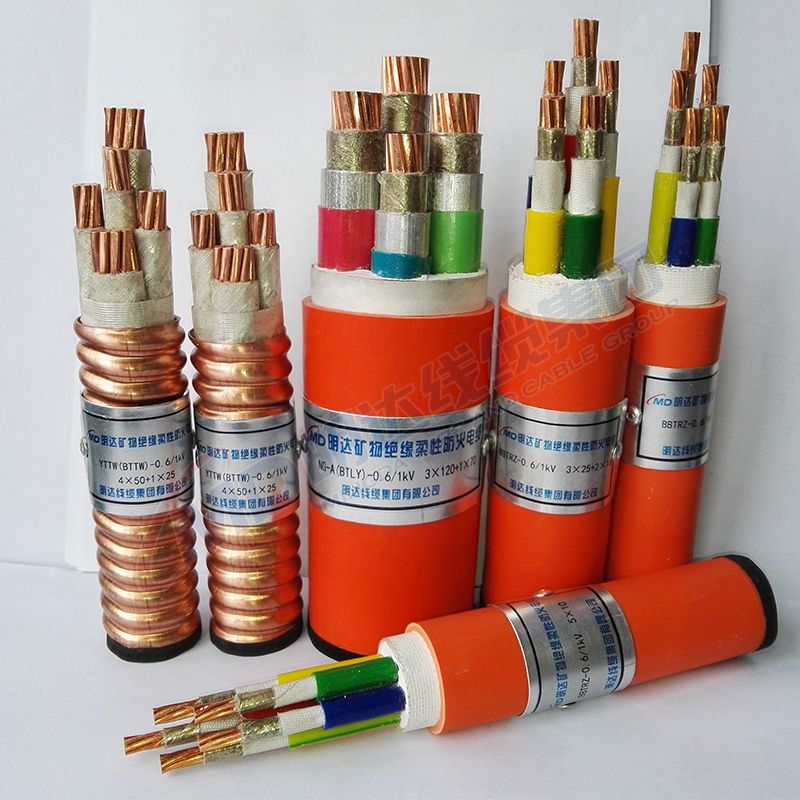Dec . 06, 2024 12:15 Back to list
Understanding the Functionality and Importance of Control Valves in Fluid Systems
Understanding Control Valves Function, Types, and Applications
Control valves are pivotal components in various industrial processes, regulating the flow, pressure, and temperature of fluids. They play a critical role in maintaining system efficiency and safety in applications such as water treatment, chemical processing, oil and gas distribution, and HVAC systems. In this article, we will delve into the function, types, and applications of control valves to provide a comprehensive understanding of their significance in modern engineering.
Function of Control Valves
The primary function of a control valve is to modulate fluid flow to meet the demands of the process system. By adjusting the size of the flow passage, control valves help achieve the desired flow rate and pressure. This modulation is accomplished by varying the position of the valve's internal components, which may include a plug, ball, or butterfly, depending on the valve type. Control valves can operate in response to signals from a control system (often a Distributed Control System, or DCS,) which monitors process variables like pressure, temperature, or flow rate. The feedback mechanism ensures that the output remains within specified limits, resulting in a more stable and efficient process.
Types of Control Valves
Control valves can be broadly categorized into several types, each with distinct mechanisms and applications
1. Globe Valves These valves are characterized by their spherical body shape. Globe valves offer excellent throttling capabilities, making them suitable for applications requiring precise flow control. Their design allows for a smooth flow path, minimizing turbulence within the system.
2. Ball Valves Known for their quick shut-off capabilities, ball valves have a spherical disc that rotates within the valve body to control flow. They are typically used in on/off applications, but with the right actuators, they can also be employed for throttling services.
3. Butterfly Valves Butterfly valves use a rotating disc to regulate flow. They are lightweight and occupy less space compared to other valve types, making them ideal for large diameter piping systems. However, their throttling precision is not as high as that of globe valves.
4. Gate Valves Primarily used for on/off control, gate valves operate by raising or lowering a gate-like component. While they are not ideal for applications requiring flow regulation, they are widely used for isolating sections of a piping system.
control valve

5. Pressure Regulating Valves These valves maintain a constant downstream pressure regardless of fluctuations in upstream pressure or flow. They are crucial in systems where precise pressure control is necessary.
6. Check Valves While not traditional control valves, check valves play an essential role in preventing backflow in a system. They allow fluid to flow in one direction while automatically closing to prevent reverse flow.
Applications of Control Valves
Control valves are instrumental in a myriad of industries, including
- Chemical Processing Control valves regulate the flow of reactants and products, ensuring consistent quality and efficiency in chemical reactions.
- Water and Wastewater Treatment In water treatment facilities, control valves manage the flow of water and chemicals, playing a vital role in purification processes.
- Oil and Gas Control valves are used to manage the pressure and flow within pipelines, refineries, and drilling operations—ensuring the safe and efficient transportation of hydrocarbons.
- HVAC Systems In heating, ventilation, and air conditioning systems, control valves help regulate temperature and air quality, contributing to energy savings and occupant comfort.
Conclusion
Control valves are essential devices in modern industrial processes, facilitating seamless flow regulation and contributing to operational efficiency. Understanding their function and the various types available can help engineers and operators make informed decisions about system design and maintenance. As industries continue to evolve, the importance of effective control valve management will only grow, underscoring their role as the unsung heroes of process engineering.
Share
-
Reliable Wafer Type Butterfly Valves for Every IndustryNewsJul.25,2025
-
Reliable Flow Control Begins with the Right Ball Check ValveNewsJul.25,2025
-
Precision Flow Control Starts with Quality ValvesNewsJul.25,2025
-
Industrial Flow Control ReliabilityNewsJul.25,2025
-
Engineered for Efficiency Gate Valves That Power Industrial PerformanceNewsJul.25,2025
-
Empowering Infrastructure Through Quality ManufacturingNewsJul.25,2025


